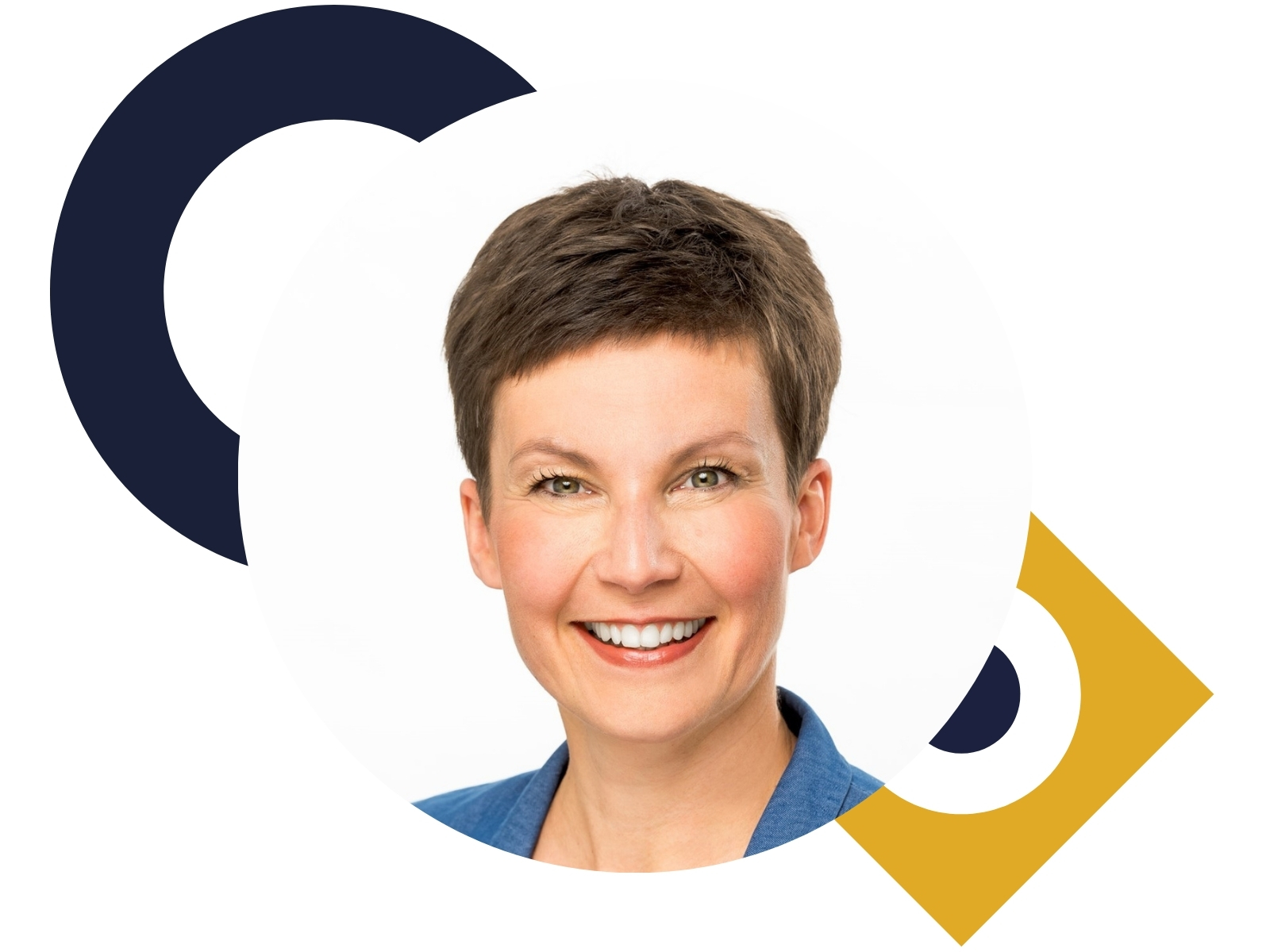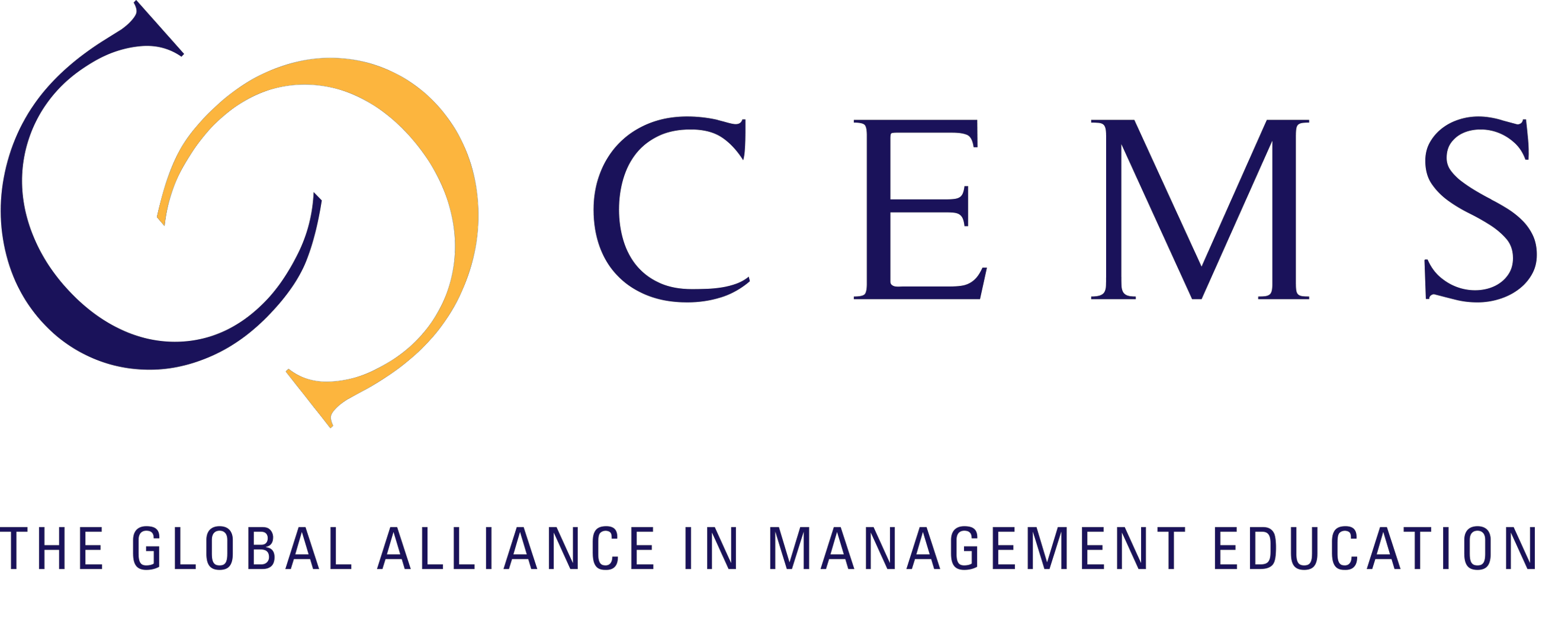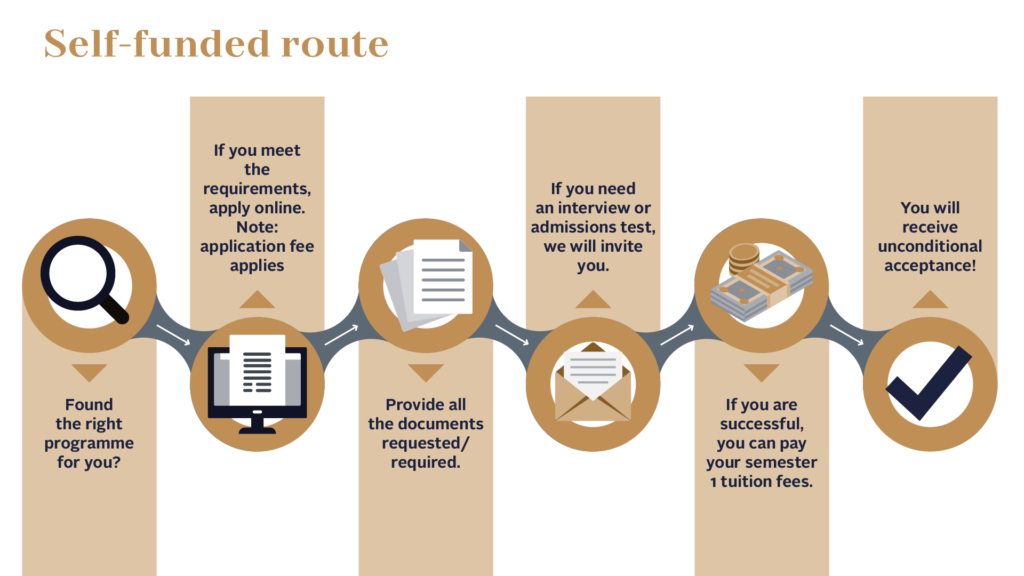If you wish to understand what complex economic and psychological impacts are behind behaviour and decisions, your place is here!
In this programme — which fills a gap in the whole Eastern European region — we focus on consumer and organisational behaviour and decisions, as well as on social and economic changes. In the course of this programme, our students will become professionals with high-level interdisciplinary skills, who possess economic, psychological and research methodology skills and are able to interpret and – by metering – forecast human economic and organisational behaviour, thinking and decision-making processes.
This master programme is only available at Corvinus in Hungary.
What will you study?
Core Modules*
- Behavioural decision sciences
- Introduction to psychology of behaviour
- Quantitative research method
Core Modules*
- Decision making in practice
- Research in behavioural economics
- Statistics
* The above is not an exhaustive list. Corvinus University of Budapest reserves the right to change modules.
Programme name: Economic Behavior Analysis
Programme award: Master, MA
ECTS: 120
Duration: 4 semesters (2 years)
Start date: September 2025
Tuition fee (EEA):
990 000 Ft/semester
cca. 2 500 EUR/semester
Tuition fee (Non-EEA):
3.300 EUR/semester
Application Requirements
For Hungarian Citizens
You can apply through felvi.hu, for more details switch to the Hungarian website.
Credit Requirements
In Hungary, there are legal pre-requisite credit requirements to study graduate programmes.
Please make sure you meet the minimum requirements for this programme before applying.
We expect students primarily from the following study programme Applied Economics, Bachelor of Business and Management and Bachelor of Social Sciences.
- Full credit may be awarded for: bachelor’s degree courses in economics.
- For additional bachelor’s and master’s degrees, a minimum of 60 credits is required as follows:
- Economics and Business Studies: 30 credits
- Basic knowledge of social sciences and research methods: 15 credits
- Basic methodological skills: 15 credits
(required for a minimum of 48 credits in these fields, 12 credits)
Tip: to quickly calculate your credits in ECTS, divide learning hours by 30!
Learning hours should be formally described, but can be constituted of classroom hours, private study and assessment.
Oral exam
The oral exam can be obtained with a maximum of 70. During the oral exam, the applicant’s professional knowledge (28 points), the applicant’s skills (21 points) and professional motivation (21 points) are scored.
The required reading for the online exam in English is Kahneman, D. (2011). Thinking fast and slow.
Scholarships
Self-funded students meeting eligibility criteria may apply for Visegrad scholarships.
Corvinus University of Budapest endorses the Visegrad Scholarship programme for MA, MSc and MBA applicants from Central Eastern Europe.
The scholarship makes the outstanding possibility of international higher education at Corvinus accessible and financially viable for more students in this region and beyond!

Gabriella Kiss
Programme Director
Associate Professor
From the Program Director…
In this programme we train professionals who are successful problem solvers and are able to provide answers to social, economic and ecological challenges of our complex world. All that is carried out with interdisciplinary approach, as the programme combines the theoretical and practical knowledge of economic sciences, psychology and methodological skills. In the practice-oriented programme, we put great emphasis on competence development and community building, and prepare our students for science-based problem management, cooperation, flexible adaptation to change and critical thinking. Our main objective is to train experts who are able to reflect on not only the social, ecological and individual impacts of science and technology, but are suitable for responsible and ethical leading positions too.
Accreditations and Rankings
#350-400 for Economics and Econometrics



Double Degree
Double Degree programmes are a unique opportunity, allowing you to obtain two higher education degrees in the time frame of one from two different institutions.
Participate in one of the world's leading business programmes!
By enrolling in this programme, you can apply for the CEMS Master’s in International Management, which has been ranked among the top 6% of business programmes worldwide, placing 11th out of 199 in the QS 2024 Masters in Management Rankings. Successful admission not only opens doors to 33 top business schools and over 70 corporate partners globally, but also grants you membership in a global alumni network of 20,000 professionals.

Specialisations
Consumer and economic decision specialisation
Work and well-being specialisation
Career Opportunities
This programme has not been available in Hungary so far, but based on international experiences and the plan of the programme, jobs can be found in the following areas:
- decision analysis and consultancy at the companies and institutions of the competitive, non-profit and public sectors
- HR/personnel
- marketing, advertising, media, PR
- financial services, manufacturing and commerce
- education, research
We prepare our students for six types of roles:
- Technical problem-solver — supports practical decision-making.
- Leader — focuses on resources and output, and manages the researches and the planning of projects.
- Collaborator — cooperates with the players affected by the decisions, respecting the boundaries or competencies.
- Scientist — observing the standards of disciplines and integrating the approaches, examines the problems, and prepares for resource criticism and continuous self-development.
- Gatekeeper — focuses on the harmony of ethic, conscious, social, corporate and individual interests, as well as well-being.
- Communicator — able to present the results of his/her work to various target groups and to represent the results with responsibility.

